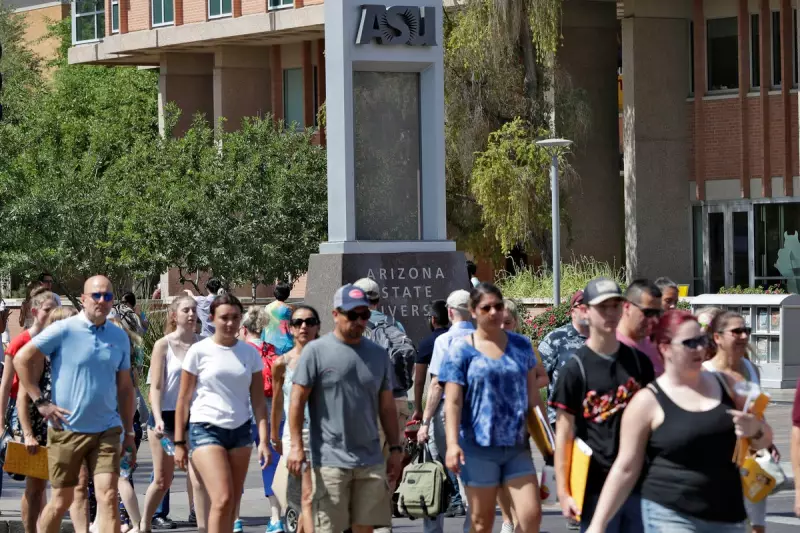
A damning investigation has uncovered explosive allegations that the Justice Department under former President Donald Trump actively attempted to block the appointment of a Hispanic judge to a Tennessee court, showing a clear preference for white candidates.
The report, based on a thorough review of internal emails and documents, details how officials within the DOJ's Office of Legal Policy intervened in the selection process for a federal judgeship. The communications reveal a concerted effort to sideline a qualified Hispanic candidate in favour of less experienced white contenders.
Internal Emails Reveal Shocking Bias
Internal correspondence from 2017 shows senior department figures expressing strong opposition to the Hispanic candidate's nomination. The emails suggest that officials were not evaluating candidates on their legal merits or experience, but were instead motivated by racial prejudice.
One particularly revealing email chain discusses the need to find a 'different type of candidate'—a phrase critics argue was a clear euphemism for a non-Hispanic, white applicant.
Tennessee Judicial Selection Under Scrutiny
The incident has cast a long shadow over the integrity of the entire judicial appointment process in Tennessee. It raises serious questions about whether other qualified minority candidates may have been similarly overlooked during the Trump administration due to systemic bias within the Department of Justice.
Legal experts and civil rights advocates have expressed outrage at the findings, labelling the actions a blatant violation of ethical standards and a betrayal of the principle of equal justice under the law.
Fallout and Demands for Accountability
In the wake of the report's publication, there are growing calls for a formal congressional inquiry into the Trump administration's judicial appointment practices. Advocacy groups are demanding full transparency and accountability for what they describe as a racially motivated manipulation of the judiciary.
This scandal not only taints past appointments but also underscores the critical importance of safeguarding the judicial selection process from political and racial interference to maintain public trust in the legal system.





